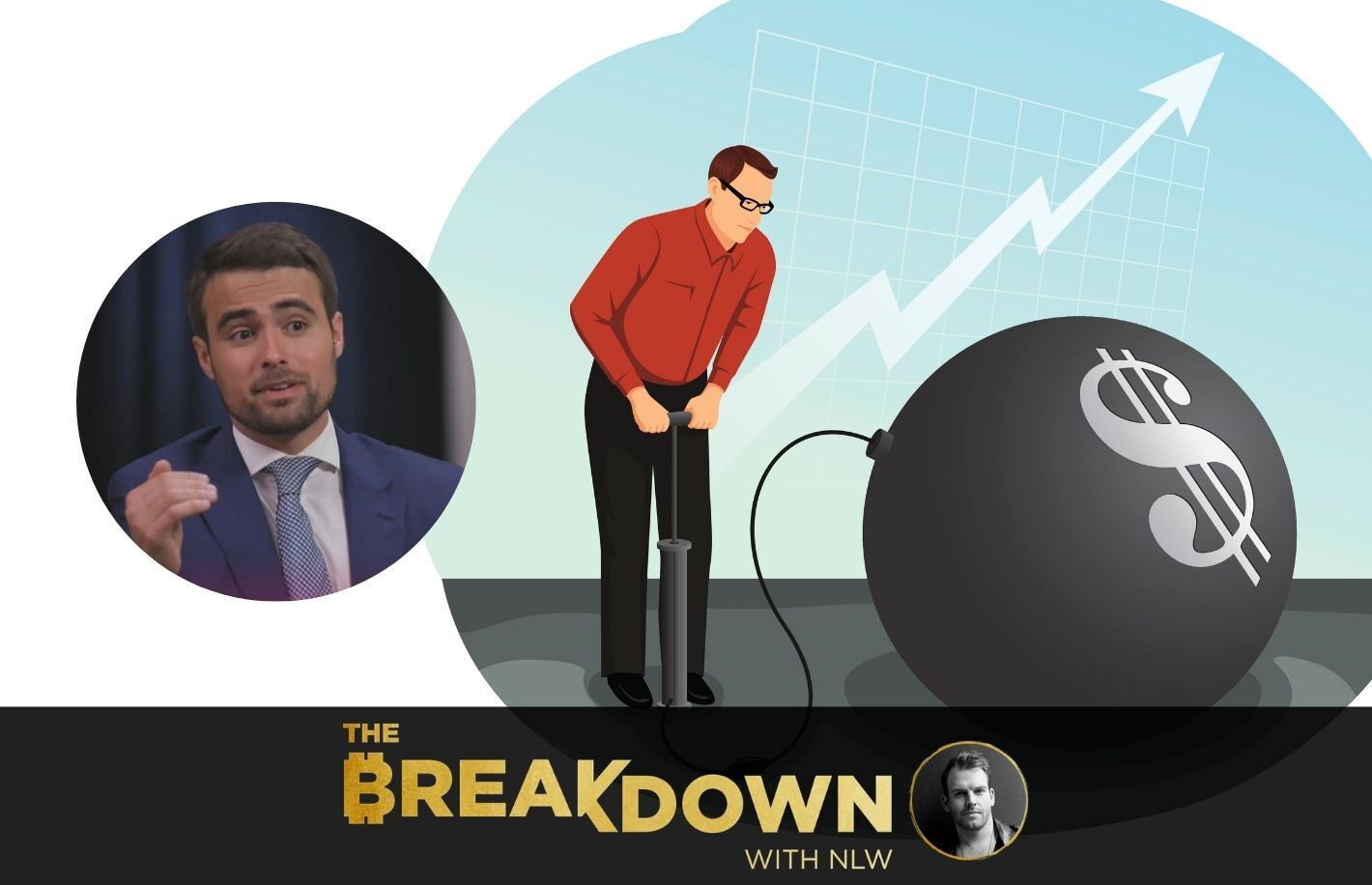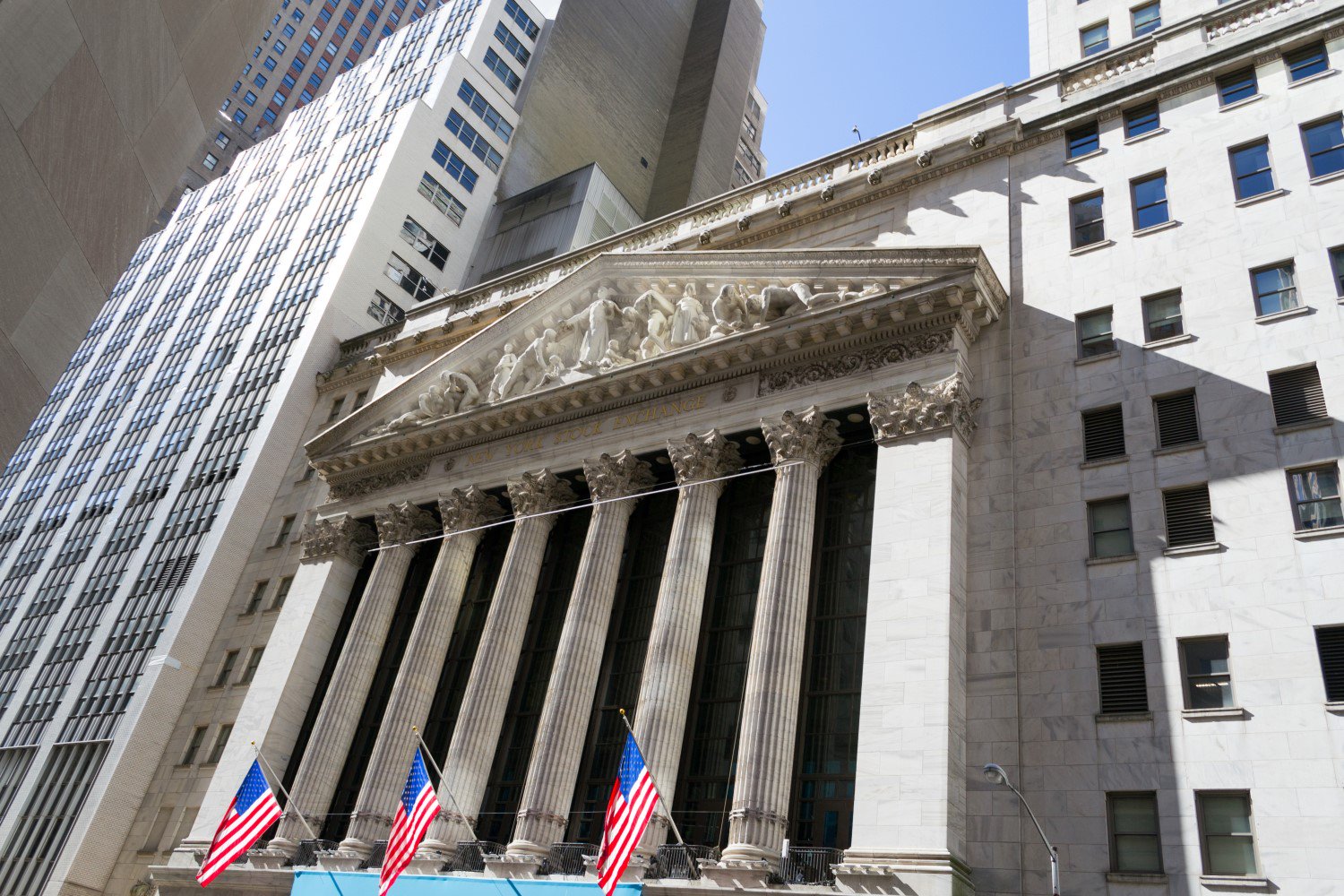Three Mega-Trends Shaping the Future of Money
Three Mega-Trends Shaping the Future of Money
In the year 2030, if we do this right, money, the foundation of our economy and civilization, will be unrecognizable. As a society we have grown so accustomed to the status quo of today’s money – fiat currencies issued and controlled by governments and central banks – that we forget money periodically goes through a great upheaval. We are on the brink of one of these moments. Money, one of humanity’s greatest and most enduring creations, is becoming digital.
The next decade of innovation will prove decisive as state powers, global corporations and an increasingly assertive digital civil society vie for control over the lifeblood of our economic lives. Each of these new stakeholders has a vastly different set of aims and objectives.
For some, the reinvention of money is a chance to break free from state and corporate control. For others, it’s an opportunity to further entrench the dominant businesses of today – such as Facebook and Goldman Sachs, two of many big firms with their eye on the reinvention of money. And for governments, it is a chance to either defend the status quo in the case of the U.S. dollar, or create a new global hegemon, in the case of China’s central bank digital currency. If you want to understand our collective future, follow the money.
Three concurrent and accelerating forces are driving this transformation:
First, the steady adoption of emerging technologies such as blockchain is laying the foundation for a new economic infrastructure that supports the digitization of all assets, most importantly money. Bitcoin, which emerged from our civil society outside the control of governments and big business, paved the way for the reinvention of money. Blockchain and crypto-assets will do for money, markets and virtually every kind of asset what the internet did for newspapers, film and TV.
Alex Tapscott is co-founder of the Blockchain Research Institute. This essay is part of CoinDesk’s “Internet 2030” series.
Second, the balance of global economic dominance is shifting from the United States to China. In recent years, tensions have grown between the world’s two superpowers. The recent “tech cold war” is adding further fear and uncertainty that the new century will be defined by an adversarial relationship between these two economic giants. One area where this is apparent is in the realm of money.
China is on the brink of launching its own digital currency while, at least on this issue, the U.S. is dragging its feet. The two visions for these central bank digital currencies couldn’t be more different. Whereas the U.S. wants to protect the U.S. dollar as global reserve currency, China wishes to export its own economic model around the world and tighten control at home. This new front in the tech cold war will be the most consequential. Every thinking person must understand the stakes, battle lines and consequences.
If you want to understand our collective future, follow the money.
Third, influential Silicon Valley giants such as Facebook having gobbled up the lion’s share of revenue in the media and information industries now have their sights on the bigger prize of payments and banking, with some setting their eyes on nothing short of the reinvention of money.
These three unstoppable forces – an assertive digital civil society, powerful states and global corporations that aim to be the landlords of our entire digital existence – are on a collision course. The coming cataclysm will, for better or worse, reshape money and our world for decades to come.
This story is not about so-called fintech applications that have made banking a bit more convenient. This is about disruption on the magnitude of the post-World War II Bretton Woods conference, which made the U.S. dollar the global reserve currency.
How will this coming cataclysm define the dynamic decade of the 2020s? Let’s peer into the future to find out:
The year is 2030. The U.S. dollar is now one of two major digital fiat reserve currencies. China was first to launch a fully digitized renminbi, creating a parallel currency regime in 2022. The U.S. Federal Reserve migrated the dollar to a blockchain in 2025. The U.S. and China are waging an economic war for influence in the world with their two competing visions for the future. In the United States, individuals with bank accounts at the Federal Reserve receive universal basic income checks every month. In China, citizens can be financially erased for running afoul of the Communist Party, with no recourse.
For most democracies in the world, the U.S. dollar had been, by necessity and by choice, the settlement currency for global business for nearly a century. But China’s crypto yuan has become an instrument of state-sponsored mercantilism and surveillance capitalism around the world. Each of the now-180 countries along the new Silk Road has adopted China’s currency standard in exchange for Chinese loans and access to China’s ever-expanding middle class. Crypto yuan is the currency of choice among African businesses. The Communist Party of China has exclusive visibility into all the transactions on its proprietary and permissioned platform.
Corporate currencies are now a reality of life for billions. Only after the Chinese internet giants began aggressively exporting the crypto yuan did the U.S. government decide to allow its corporate champions to do likewise with their own version of the U.S. dollar. Amazon, Google and Facebook are now effectively shadow central banks with trillions of dollars in reserves, banking billions of people, some of them within alternative economies along the Silk Road.
Is the strange and new scenario unrealistic? Perhaps. It is certainly speculative. But consider how much the world has changed in the last ten years. We are on the second half of the chessboard.
The better question is, is this future desirable? Do we want the corporate landlords of today’s digital economy dominating the next era? Do we want governments to wage their own battles in the technology arena with the savings, earnings and even personal freedoms of billions of bystanders at stake? If not, what is to be done?
Francis Fukuyama said the fall of the Soviet Union signaled “the end of history.” We know this time not to make such proclamations. Still, it’s possible that 2020 will prove to be far more important and consequential in history than 1989, 2001 or 2008 because the global challenge that we face today will forever shape the future. This year marks the beginning of the end of the long 20th century, as we are forced to confront and rethink our institutions, our economic reality, and foundational concepts including money.
The digital economy that is emerging from this crisis will require digital money. But what kind? Who will win this battle for the lifeblood of our economic lives? The transformation has already begun. Are you ready?










